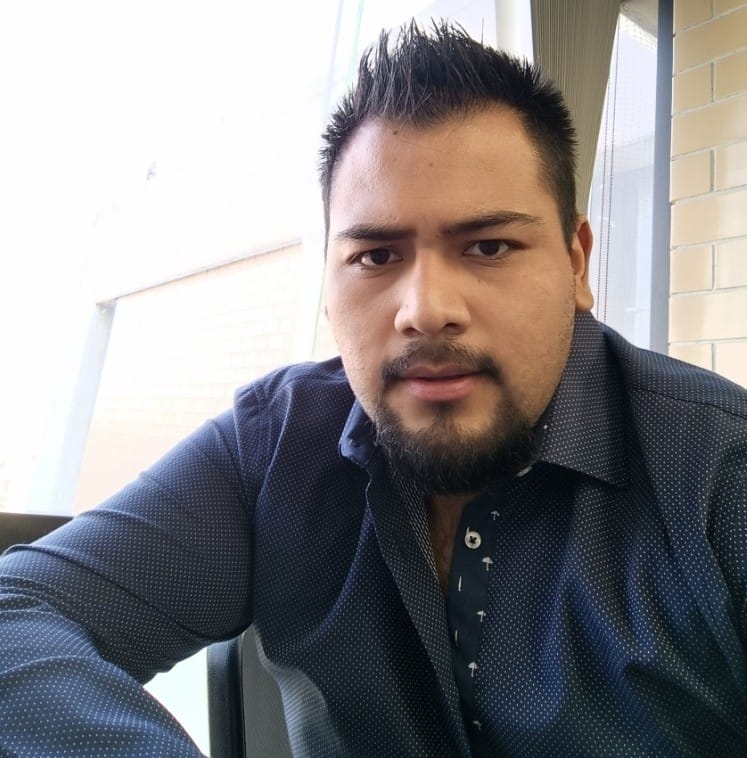
Wound healing is a complex and regulated process that involves the coordinated action of key signaling pathways. Activating transcription factor 3 (ATF3) is a stress-inducible protein that has recently emerged as a critical modulator of cellular responses to injury, including those involved in wound healing.The aim of this study was to explore the repurposing of existing pharmacological agents to activate ATF3 and evaluate their potential to enhance wound healing factors.We selected three compounds: retin-A, furosemide, and acrivastine based on their ability to modulate ATF3 expression and assessed their effects on wound healing processes in primary cell cultures. We evaluated wound healing-related genes such as LL-37, HBD-2, HBD-3, and VEGFA by qPCR, and a wound healing scratch assay using keratinocytes was conducted to evaluate cell migration.Interestingly, retin-A induced the expression of key wound healing-related genes, including HBD-2, HBD-3, LL-37, and VEGF. Also, retin-A was the only compound showing wound healing effects, while furosemide and acrivastine did not exhibit any noticeable activity.Our research highlights the potential of retin-A as therapeutic agents to improve wound healing, particularly in chronic wound models.Copyright © 2025 Elsevier Ltd. All rights reserved.








